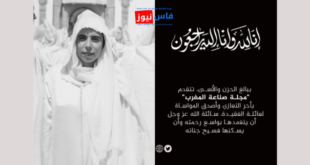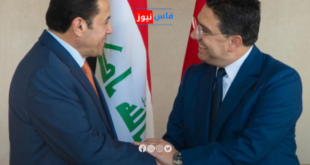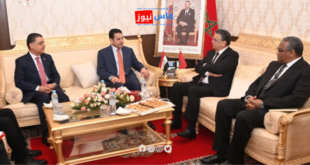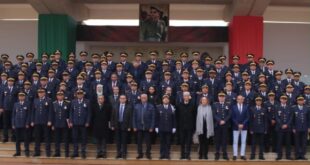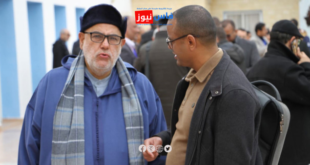King Mohammed VI of Morocco presided over a working session dedicated to the revision of the Family Code on Monday at the Royal Palace in Casablanca. This session comes after the committee tasked with revising the Family Code submitted its final report to the King, containing more than 100 proposed amendments.
Minister of Justice, Abdellatif Ouahbi, in his capacity as a member of the committee, presented the committee’s working methodology and the most important proposals that emerged from it. Additionally, Minister of Islamic Affairs, Ahmed Toufiq, as a member of the Higher Council of Ulema, presented the Council’s opinion conclusions that established the essential legal basis for some of the committee’s proposals.
In this context, the King, as Commander of the Faithful, called on the Higher Council of Ulema to continue reflection and adopt constructive Ijtihad (independent reasoning) on family issues. This will be done through creating an appropriate framework within its structure to deepen research on Fiqh (Islamic jurisprudence) issues related to developments in Moroccan families.
The King has tasked the Head of Government and ministers with communicating with the public and informing them about the developments in this revision. The government will work on drafting these revisions within the framework of legislative initiative. Regarding the legislative phase of the Family Code revision, the King reminded of the references and foundations that should frame it, as contained in the previous Royal Letter.
King Mohammed VI emphasized the need to keep in mind the will for reform and openness to progress that he intended through launching this promising reform initiative, twenty years after the implementation of the Family Code. He stressed the importance of ensuring family protection on legal, social, and economic levels.
The King also insisted on the necessity of perceiving the content of the reform in a framework of complementarity, in the sense that it does not favor one party over another, but concerns the Moroccan family, which constitutes the “basic cell of society”. He emphasized the importance of formulating all of the above in the form of clear and intelligible legal rules to avoid contradictory judicial readings and cases of conflict in their interpretation.
The working session was attended by Head of Government, Aziz Akhannouch, Minister of Justice, Abdellatif Ouahbi, Minister of Islamic Affairs, Ahmed Toufiq, and Minister of Solidarity, Social Integration and Family, Naima Ben Yahia.
 فاس نيوز ميديا جريدة الكترونية جهوية تعنى بشؤون و أخبار جهة فاس مكناس – متجددة على مدار الساعة
فاس نيوز ميديا جريدة الكترونية جهوية تعنى بشؤون و أخبار جهة فاس مكناس – متجددة على مدار الساعة



